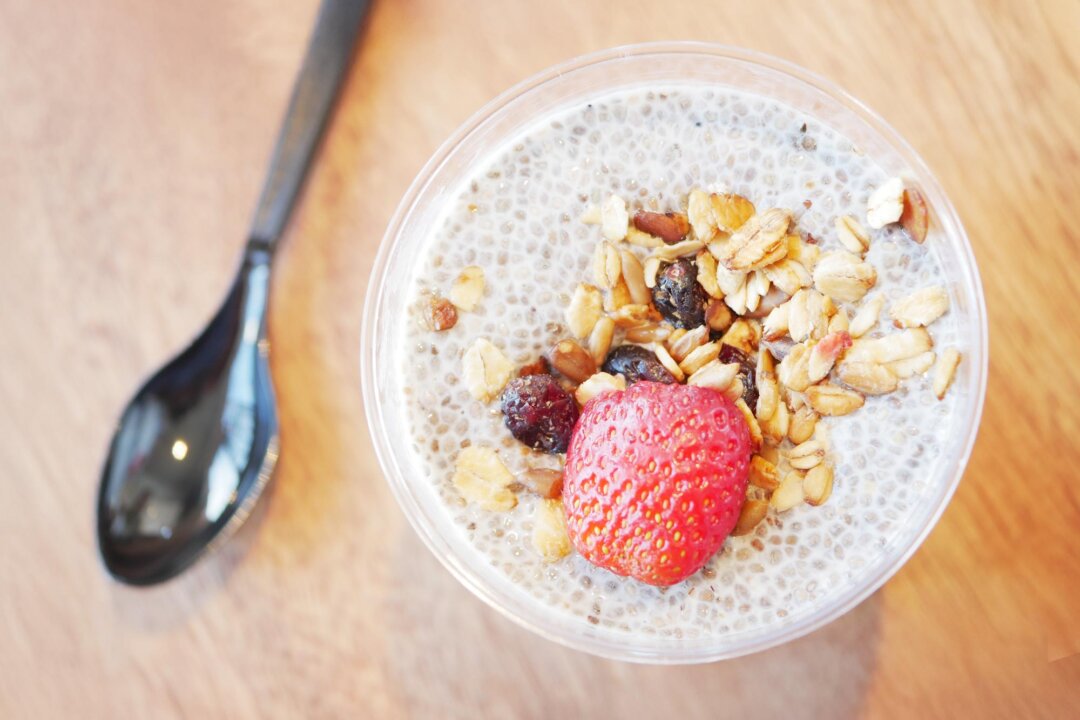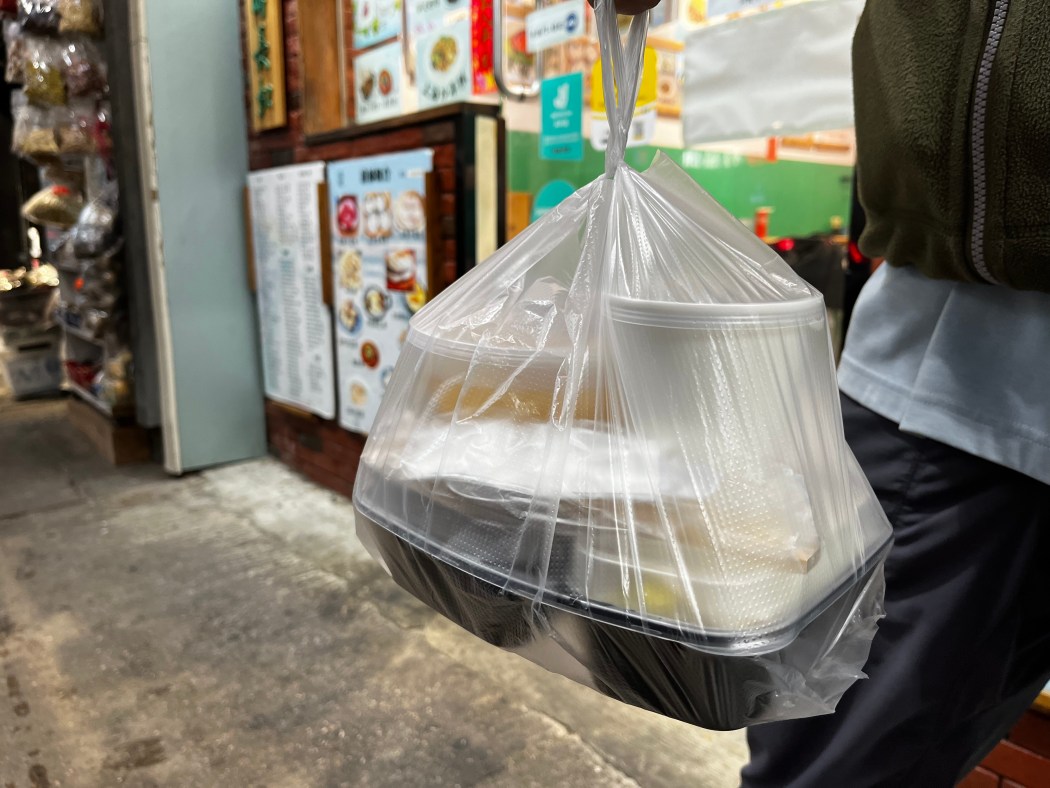Today, you might know chia seeds as the tiny black specks that get stuck in smoothies, yogurts, or between your teeth. Despite their unassuming size, these little seeds are packed with fiber, omega-3s, and antioxidants—making them more than just a topping. Heart Health Benefits One of the standout qualities of chia seeds is their high omega-3 fatty acid content, which contributes to their reputation as a “powerhouse of omega fatty acids.
” The omega-3s found in chia seeds help reduce inflammation, benefiting conditions like heart disease, she added. Of note, inflammation contributes to plaque formation that blocks arteries in coronary artery disease. Chia seeds also support cardiovascular health by reducing oxidation, cholesterol, and blood pressure.

Because chia seeds are high in omega-3 fatty acids, they improve heart health by decreasing inflammation and improving blood circulation. These benefits can help maintain a normal heart rhythm and decrease the risk of arrhythmias or irregular heartbeats. The soluble fiber in chia absorbs water and forms a gel-like substance, helping to lower cholesterol levels and regulate blood sugar, both important for heart health.
Digestive Health Benefits With their potent mix of protein, fiber, and healthy fats, chia seeds are a simple way to add more nutrition to your diet. Chia seeds contain 30 to 34 grams of dietary fiber per 100 grams, with 85 percent and 93 percent being insoluble fiber and 7 percent to 15 percent soluble fiber. Thanks to their high fiber content, chia seeds can significantly help meet the recommended daily fiber intake of 25 to 35 grams for adults.
Additionally, omega-3s support the parasympathetic nervous system (the “rest and digest” state), helping to strengthen the heart’s defenses. Chia seeds also contain numerous fundamental minerals and are abundant in calcium, magnesium, iron, selenium, copper, potassium, phosphorus, and manganese. Chia pudding: Curristin loves a chia pudding for a nutrient-packed breakfast or snack.
Her go-to recipe is simple: 3 tablespoons of chia seeds, 1/2 cup of Greek yogurt, 1 cup of almond milk, 1/2 teaspoon of cinnamon, 1 teaspoon of honey, and a topping of mixed berries. Let it sit in the fridge for a few hours or overnight to thicken into a creamy pudding. Yogurt and porridge: Arévalo enjoys a simple chia recipe—she adds 1 teaspoon of chia seeds to a cup of yogurt for a satisfying crunch.
You can sprinkle chia seeds over porridge or salads to add a little crunch and nutritional punch. Soups and sauces: Chia seeds work well as a thickening agent in soups or sauces. They absorb liquid and expand, adding texture and nutrients without changing the flavor.
Chia water: Mix 1 tablespoon of chia seeds with 1 cup of water, stir, and let the seeds soak for 10 to 15 minutes. This creates a hydrating, nutrient-packed beverage with a gel-like consistency. Chia jam: Chia seeds make a great natural thickener for homemade jam.
Combine fresh fruit with chia seeds, a sweetener of your choice, and a little lemon juice. Let the mixture sit for a few hours to allow the chia seeds to absorb the liquid and create a jam-like texture. Egg replacement: Chia seeds can be used as an egg replacement in baking.
Mix 1 tablespoon of chia seeds with 3 tablespoons of water and let it sit for 5 to 10 minutes to form a gel. This works as a substitute for one egg in most recipes..
Health

Chia Seeds: Omega Powerhouse for Heart and Gut Health

Chia seeds are wonderfully rich in omega-3 fatty acids, fiber, antioxidants, and essential minerals.















